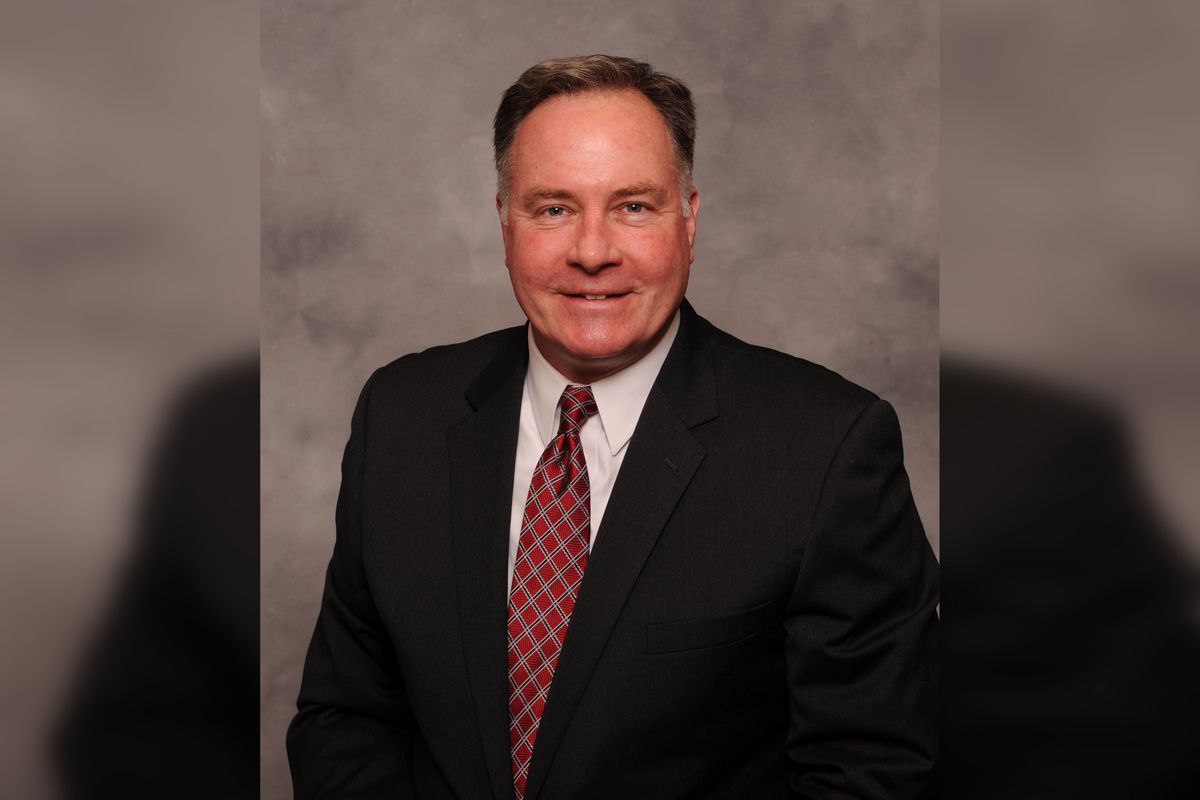Editor's note: Each week, I'm introducing you to three Houston innovators to know — three individuals behind recent innovation and startup news stories in Houston as reported by InnovationMap. Learn more about them and their recent news below by clicking on each article.
Sunny Zhang, founder of TrueLeap

Sunny Zhang joins the Houston Innovators Podcast. Photo via LinkedIn
It's safe to say Sunny Zhang has a handle on the machine and cycle that innovation as a tenured business professor, startup founder, and venture capital investor. An academic at her core, she looks at innovation from the outside in — and inside out — in her various roles.
But there is a throughline for Zhang, and it's observing the innovation cycle. In her 20 years, she's worked closely with startups on the topic.
"My research has always focused on the innovation diffusion process — essentially the psychological and behavioral science of innovation diffusion when a product is introduced in a marketplace. How is that adoption going in a network as a result in many factors — internally and externally in a digital world and in the international and global market," Zhang says on the Houston Innovators Podcast.
"I've been seeing how innovation works, how products are getting adopted, and the behavioral process in it. We talk about 'go-to market,' but I want to promote 'come-from market.' Identify the problem itself," Zhang says, explaining that as both an academic and life-long learner, this is important to her.
Jim Dillon, CEO of BiVACOR

Jim Dillon has been named CEO of BiVACOR. Photo courtesy of BiVACOR
Houston-based medical device company BiVACOR has brought aboard a new CEO.
Jim Dillon, a longtime executive in the medical device sector, has been hired to lead BiVACOR and join its board of directors. Dillon succeeds former heart surgeon Dr. Thomas Vassiliades, whose appointment as CEO was announced in January 2022.
“Jim’s leadership style, combined with his experience in building high-performance teams as well as expertise in the heart failure field, makes him the ideal person to lead BiVACOR,” Raymond Cohen, chairman of BiVACOR, says in a news release. Continue reading.
Livia Schiavinato Eberlin, associate professor of surgery at Baylor College of Medicine

Livia Schiavinato Eberlin was named the 2024 recipient of the Norman Hackerman Award in Chemical Research. Photo via bcm.edu
An associate professor of surgery at Baylor College of Medicine has won a prestigious award for young chemical scientists in the state and secured $3 million in funding to further develop her technology.
Livia Schiavinato Eberlin was named the 2024 recipient of the Norman Hackerman Award in Chemical Research in December. The award was established by the Houston-based Welch Foundation and recognizes the accomplishments of chemical scientists in Texas who are early in their careers. Eberlin will be granted $100,000 for this honor.
Eberlin runs the Eberlin Lab for Medical Mass Spectrometry at BCM and is known for her groundbreaking work in the application of mass spectrometry technologies, which are changing how physicians treat cancer and analyze tissues.
In the same week, Baylor College of Medicine announced that the Eberlin Lab received $3 million in funding from The Marcus Foundation to further develop the MasSpec Pen technology in breast cancer surgeries. Eberlin developed the tool in 2016 while she was serving as an assistant professor at the University of Texas at Austin. The MasSpec Pen is a device for detecting cancer directly on tissues. Continue reading.

 Apple doubles down on Houston with new production facility, training center Photo courtesy Apple.
Apple doubles down on Houston with new production facility, training center Photo courtesy Apple.